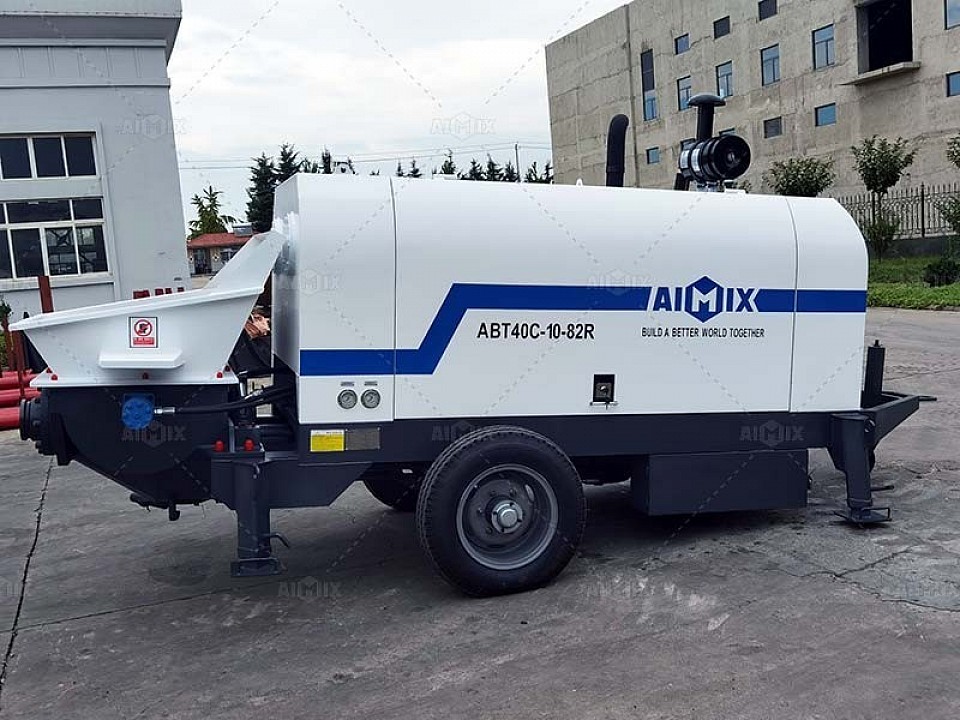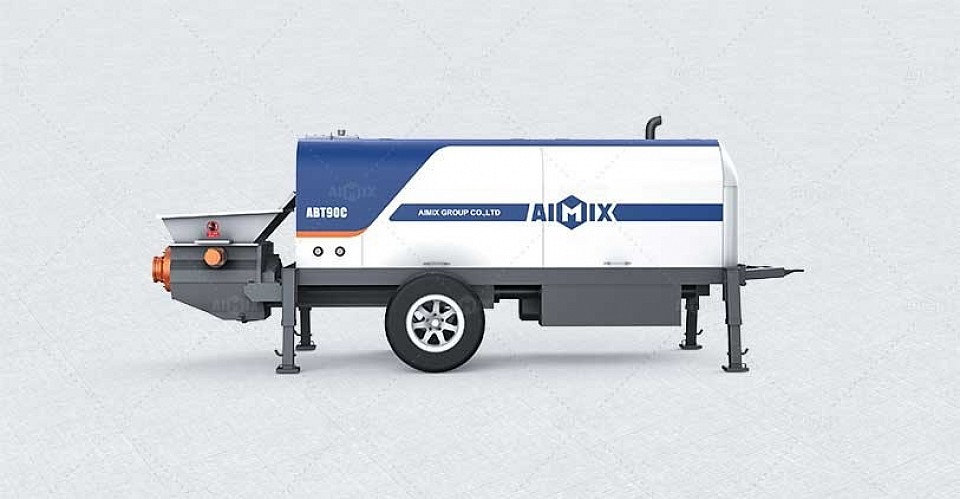Building a Three-Story Building: Choosing the Right Trailer Concrete Pump Capacity
When embarking on the construction of a three-story building, one of the pivotal considerations is selecting the appropriate capacity of trailer concrete pumps for sale . This decision significantly influences not only the efficiency of concrete delivery but also the overall project timeline and budget. Given the complexity of multi-story construction, understanding the nuances of pump capacity, along with site conditions and concrete requirements, is essential for any builder or contractor.
Understanding Concrete Pumping Capacity
Concrete pumping capacity refers to the volume of concrete a pump can deliver within a specified timeframe, usually measured in cubic yards per hour. The selection of the right pump is critical, as it ensures that concrete is transported efficiently from the mixer to the designated location without delays. Factors influencing this capacity include the type of concrete mix, the distance the concrete must travel, and the elevation of the pour site.
Types of Concrete Mix: The consistency and composition of the concrete mix can affect pumpability. For instance, a thicker mix may require a pump with a higher capacity to maintain flow. Conversely, a standard mix may allow for the use of a smaller, more economical pump. Understanding the specific requirements of the concrete being used is crucial in determining the necessary pump capacity.
Distance and Elevation: The distance from the mixer to the pouring site plays a significant role in pump selection. Longer distances necessitate a pump with greater capacity to overcome the friction losses associated with the hose or pipe. Additionally, when pumping concrete vertically, such as for a three-story building, the elevation must be considered. A stationary concrete pump must be capable of delivering concrete to the required height without degrading the material's integrity.
Evaluating Site Conditions
Site conditions can dramatically impact the choice of concrete pump. Factors such as accessibility, soil stability, and existing infrastructure must be assessed to ensure optimal pump performance.
Accessibility: The ease of access to the construction site can dictate the type of trailer concrete pump to use. A site with limited space may benefit from a compact pump that can maneuver easily, while a more spacious area may allow for larger, more powerful equipment. Evaluating the layout and accessibility can prevent logistical challenges that could delay the project.
Soil Stability: The condition of the ground on which the pump will operate is another critical consideration. If the soil is unstable, it may necessitate the use of specialized equipment or additional support to prevent accidents and ensure the pump operates effectively. Assessing soil conditions prior to selecting a pump can mitigate risks and enhance productivity.
Making the Final Decision
Once the various factors related to pump capacity and site conditions have been analyzed, the final decision can be made. This process involves calculating the required pump capacity based on the parameters established earlier and matching it with the available pump options. There are more pump options: https://aimixconcretesolution.com/concrete-pump/.
Consulting with Experts: Engaging with professionals who specialize in concrete pumping can provide valuable insights. These experts can assist in determining the appropriate capacity based on unique project specifications and offer recommendations on reputable equipment providers. Their experience can greatly enhance the decision-making process, ensuring that the pump selected will meet the demands of the construction project effectively.
Budget Considerations: Finally, budget constraints are an inevitable factor in the decision-making process. While it may be tempting to opt for the most powerful pump available, it is essential to balance capacity with cost. Selecting a pump that meets the project's requirements while remaining within budget can lead to a more successful and financially viable construction process.
In summary, the selection of the right trailer concrete pump capacity for a three-story building involves a meticulous assessment of pump specifications, site conditions, and project requirements. By understanding the interplay of these elements, builders can make informed choices that enhance efficiency, reduce delays, and ultimately ensure the success of their construction endeavors.


